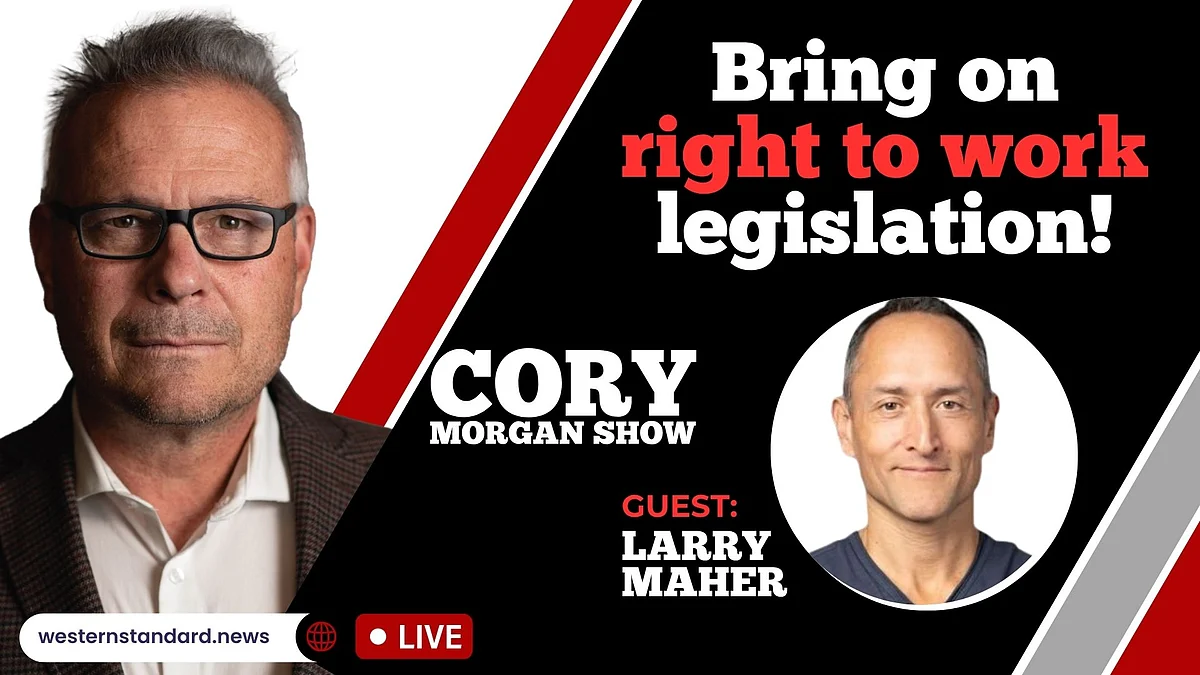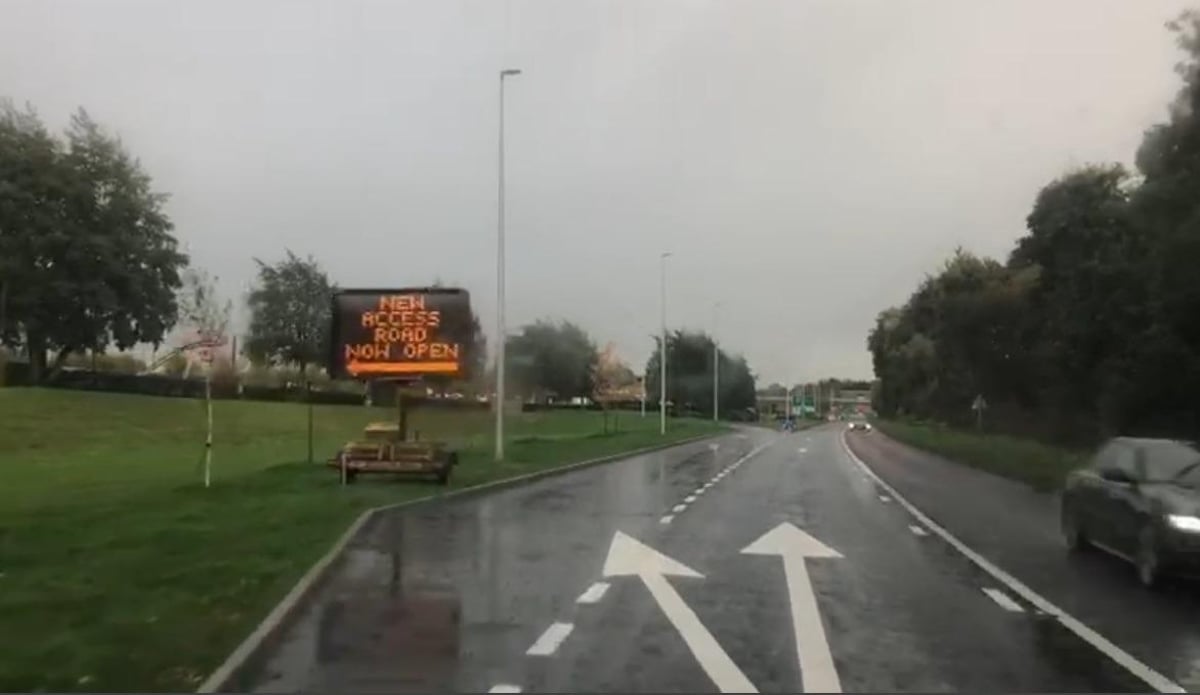Copyright cityam

Nearly half of business owners are still planning to reduce headcounts in response to Chancellor Rachel Reeves’ £25bn tax hike on employers’ national insurance contributions (NICs), a new survey has indicated, pointing to the long-lasting economic effects of a brutal tax raid in her first Budget. Reeves made sweeping tax hikes last year to fund a £190bn spending splurge on public services, including the NHS and welfare expenditure increases over the next five years. But a new survey by the accounting firm S&W has indicated that the tax raid is still forcing businesses to shed staff one year after the Budget was delivered. Its research showed that 28 per cent of firms planned further cuts unless the Chancellor introduced tax cuts or other forms of relief for employers hiring more workers. Nearly a fifth (19 per cent) said they would reduce staff even if measures were introduced while 19 per cent of all 500 respondents said they had already reduced headcounts due to the rise in NICs. NICs hike leads to ripple effects Business owners have widely said they were hit more by a lowering of the salary threshold for NICs from £9,100 to £5,000 than the rise in the tax rate from 13.8 per cent to 15 per cent. Reeves also increased the employers’ allowance from £5,000 to £10,500 and extended the number of employers eligible for the relief. But the new survey provides further evidence of how the tax hike has affected firms up and down the country. The Office for National Statistics (ONS) has estimated that some 100,000 jobs have been lost over the last year while the unemployment rate has risen from 4.4 per cent to 4.8 per cent. Bank of England policymakers have also warned that NICs rises have driven up inflation, with the IMF and the OECD forecasting the UK to suffer the highest price growth out of any country in the G7 over the next two years. Analysis by Bank officials has suggested that firms passed on higher costs onto consumers, pushing inflation to nearly double its target rate. Claire Burden, head of consulting at S&W, said: “It is no surprise that businesses are considering drastic action in response to the increased national insurance costs. “This is a crunch point for UK businesses. Without meaningful action in the Autumn Budget, we risk seeing a further wave of job losses, scaled back investment, and roles moving overseas.” Employers are holding out for the government to avoid adding taxes on businesses next month as the Institute of Directors (IoD) has led calls for Labour to turn against manifesto commitments not to raise income tax in order to fill a fiscal hole. Businesses are also hoping that further tax breaks will be offered to employers taking on younger workers as part of an effort to prevent a ‘not in education, employment or training (Neets)’ crisis from worsening.



